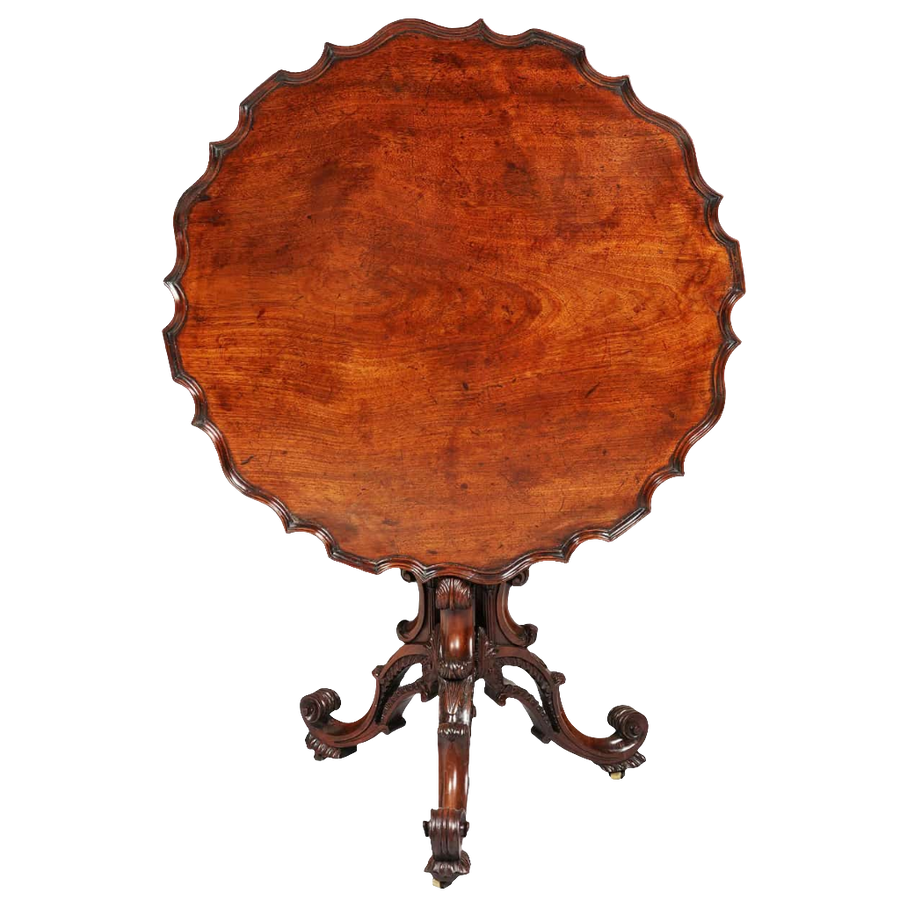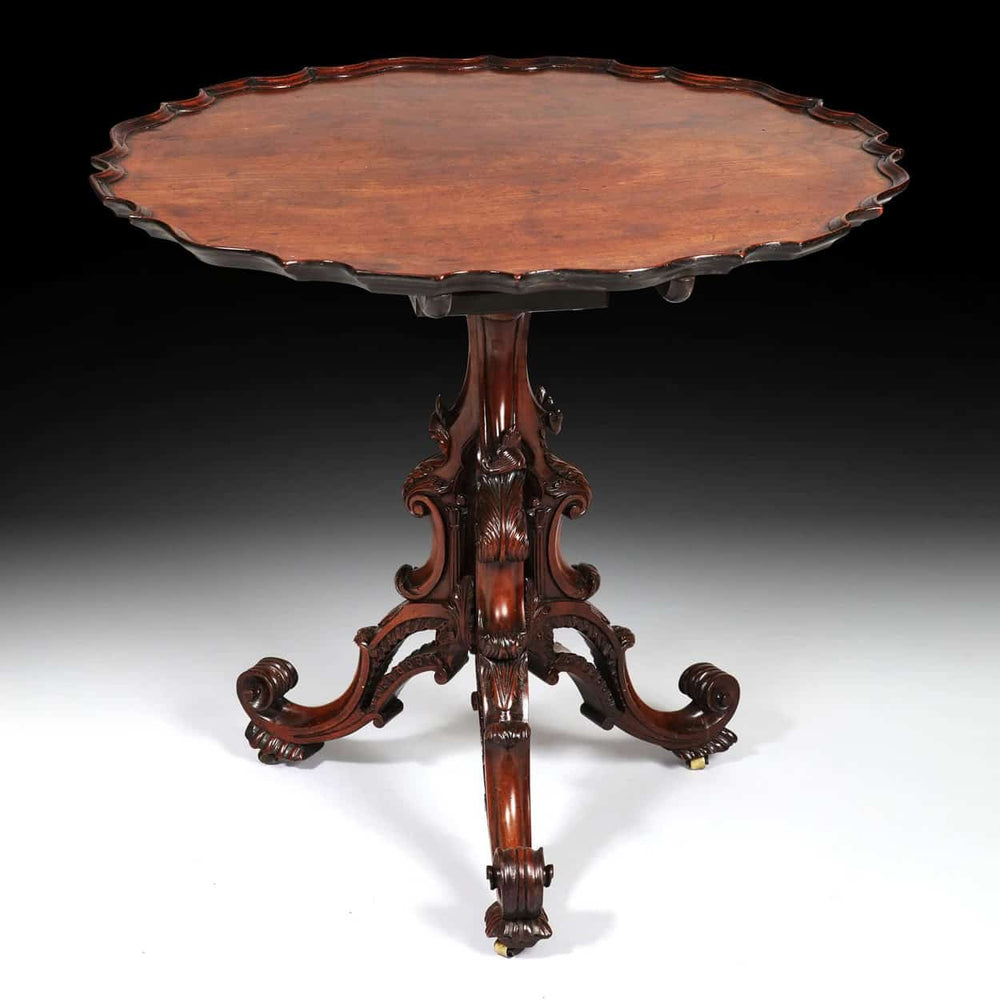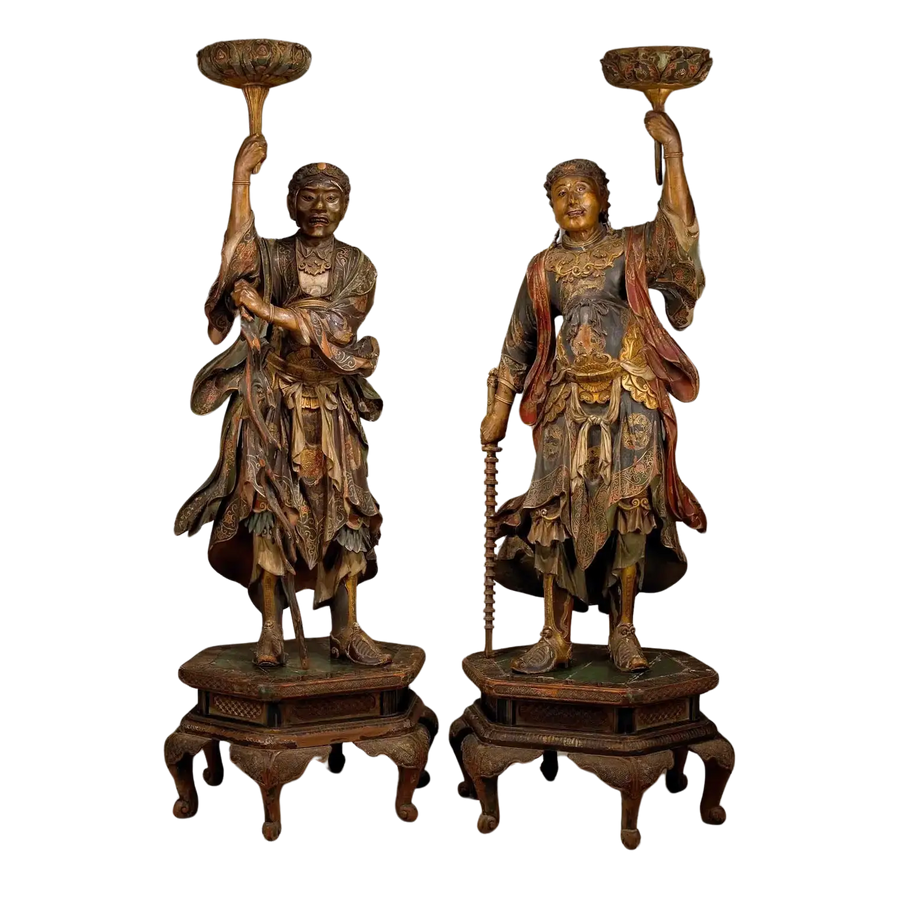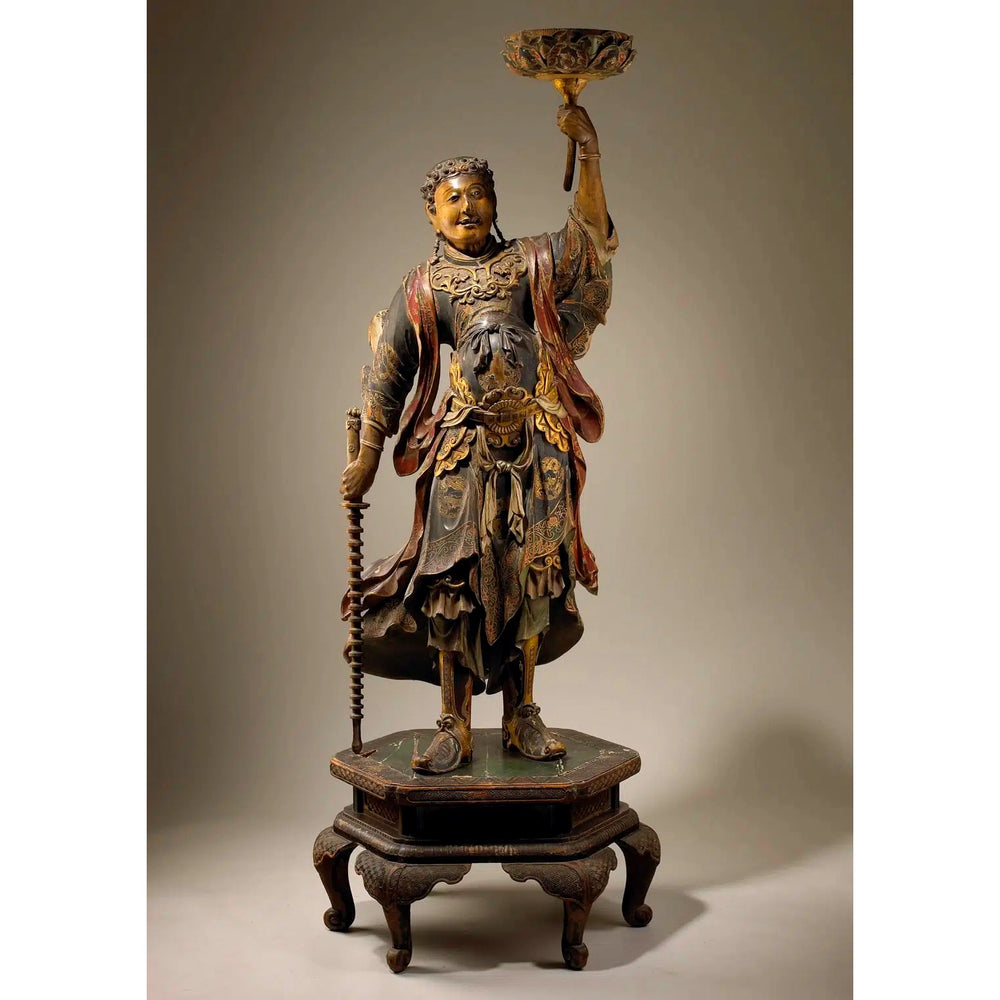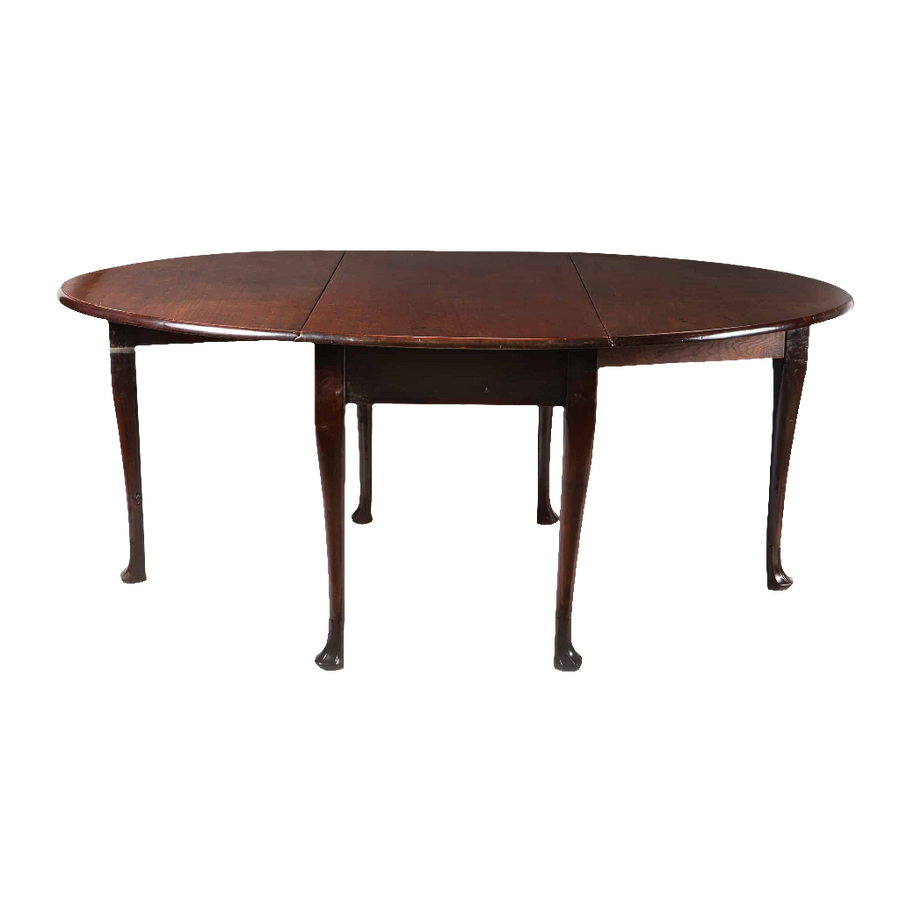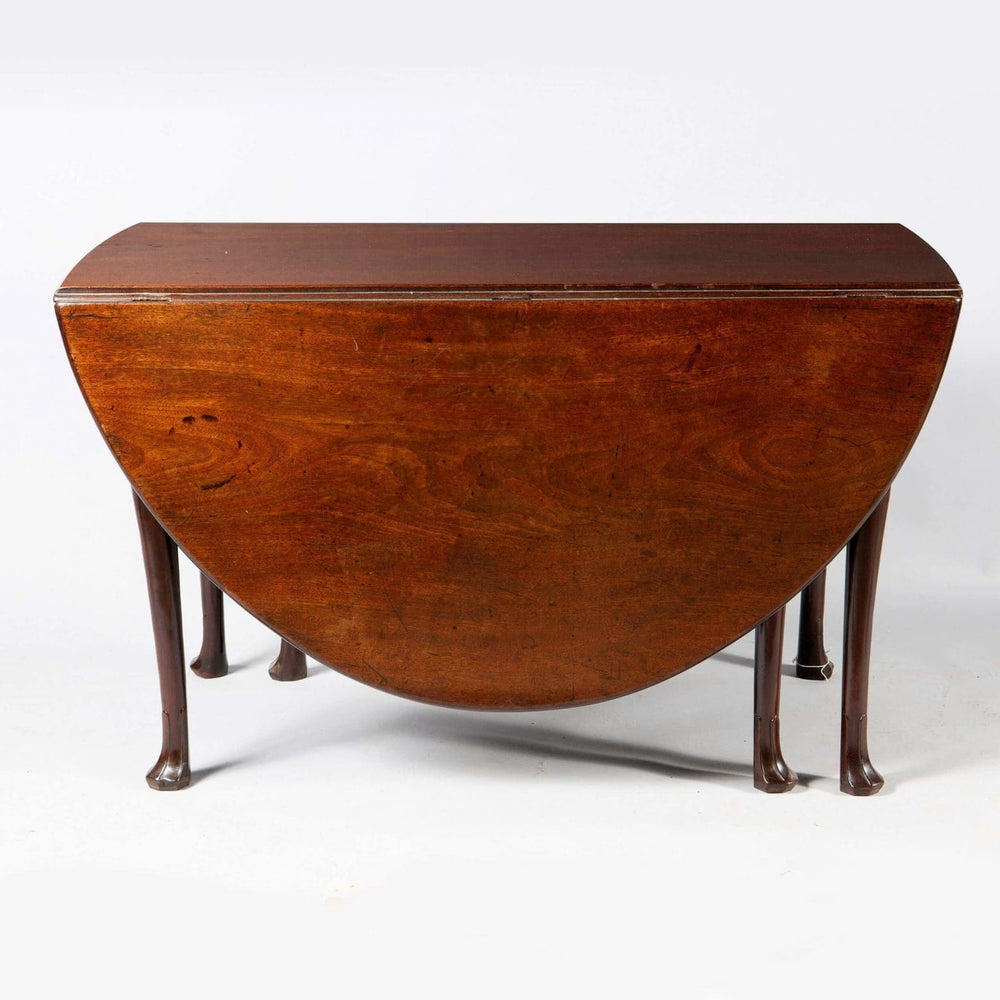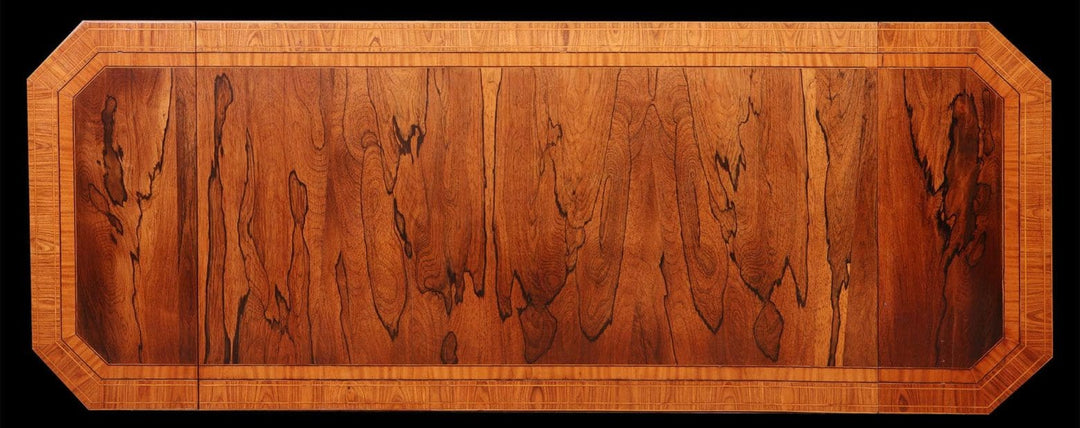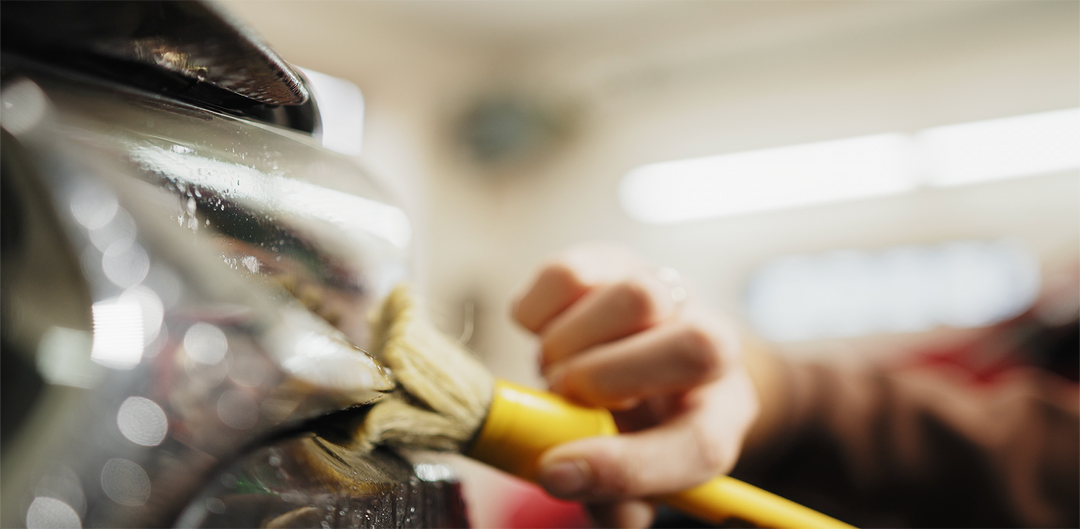Moore of Dublin was one of the foremost Irish cabinet-making firms of the late 18th and early 19th centuries, renowned for the exceptional quality and refinement of its furniture. Based in Dublin, the workshop thrived during the city’s golden age, when Ireland’s wealthy aristocracy and professional classes created a strong demand for finely crafted interiors.
The firm is best known for producing elegant furniture in the Georgian and Regency styles, often drawing inspiration from leading English designers such as Thomas Chippendale, George Hepplewhite, and Thomas Sheraton, while introducing distinctive Irish flourishes. Moore’s pieces are characterised by superb craftsmanship, excellent proportions, and the use of rich native and imported timbers, especially mahogany and satinwood, sometimes inlaid with intricate marquetry.
The firm’s repertoire included card tables, sideboards, chairs, and bookcases, many of which are now prized by collectors for their refinement and rarity. Surviving pieces often carry trade labels inscribed “Moore, Cabinet Maker, Dublin”, which provide valuable provenance. Moore’s reputation placed him among the leading Dublin workshops—alongside Mack, Del Vecchio, and Williams—who collectively gave Irish furniture of the period its distinctive and sought-after identity.
Today, furniture by Moore of Dublin is recognised as among the finest examples of Irish Georgian cabinetmaking, embodying both the cosmopolitan influences of London and the unique decorative traditions of Dublin. Such works remain highly desirable in the antiques market, valued for their quality, rarity, and historical significance.
Moore of Dublin was one of the foremost Irish cabinet-making firms of the late 18th and early 19th centuries, renowned for the exceptional quality and refinement of its furniture. Based in Dublin, the workshop thrived during the city’s golden age, when Ireland’s wealthy aristocracy and professional classes created a strong demand for finely crafted interiors.
The firm is best known for producing elegant furniture in the Georgian and Regency styles, often drawing inspiration from leading English designers such as Thomas Chippendale, George Hepplewhite, and Thomas Sheraton, while introducing distinctive Irish flourishes. Moore’s pieces are characterised by superb craftsmanship, excellent proportions, and the use of rich native and imported timbers, especially mahogany and satinwood, sometimes inlaid with intricate marquetry.
The firm’s repertoire included card tables, sideboards, chairs, and bookcases, many of which are now prized by collectors for their refinement and rarity. Surviving pieces often carry trade labels inscribed “Moore, Cabinet Maker, Dublin”, which provide valuable provenance. Moore’s reputation placed him among the leading Dublin workshops—alongside Mack, Del Vecchio, and Williams—who collectively gave Irish furniture of the period its distinctive and sought-after identity.
Today, furniture by Moore of Dublin is recognised as among the finest examples of Irish Georgian cabinetmaking, embodying both the cosmopolitan influences of London and the unique decorative traditions of Dublin. Such works remain highly desirable in the antiques market, valued for their quality, rarity, and historical significance.
Read More





